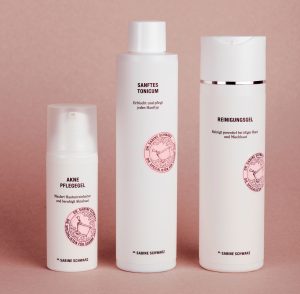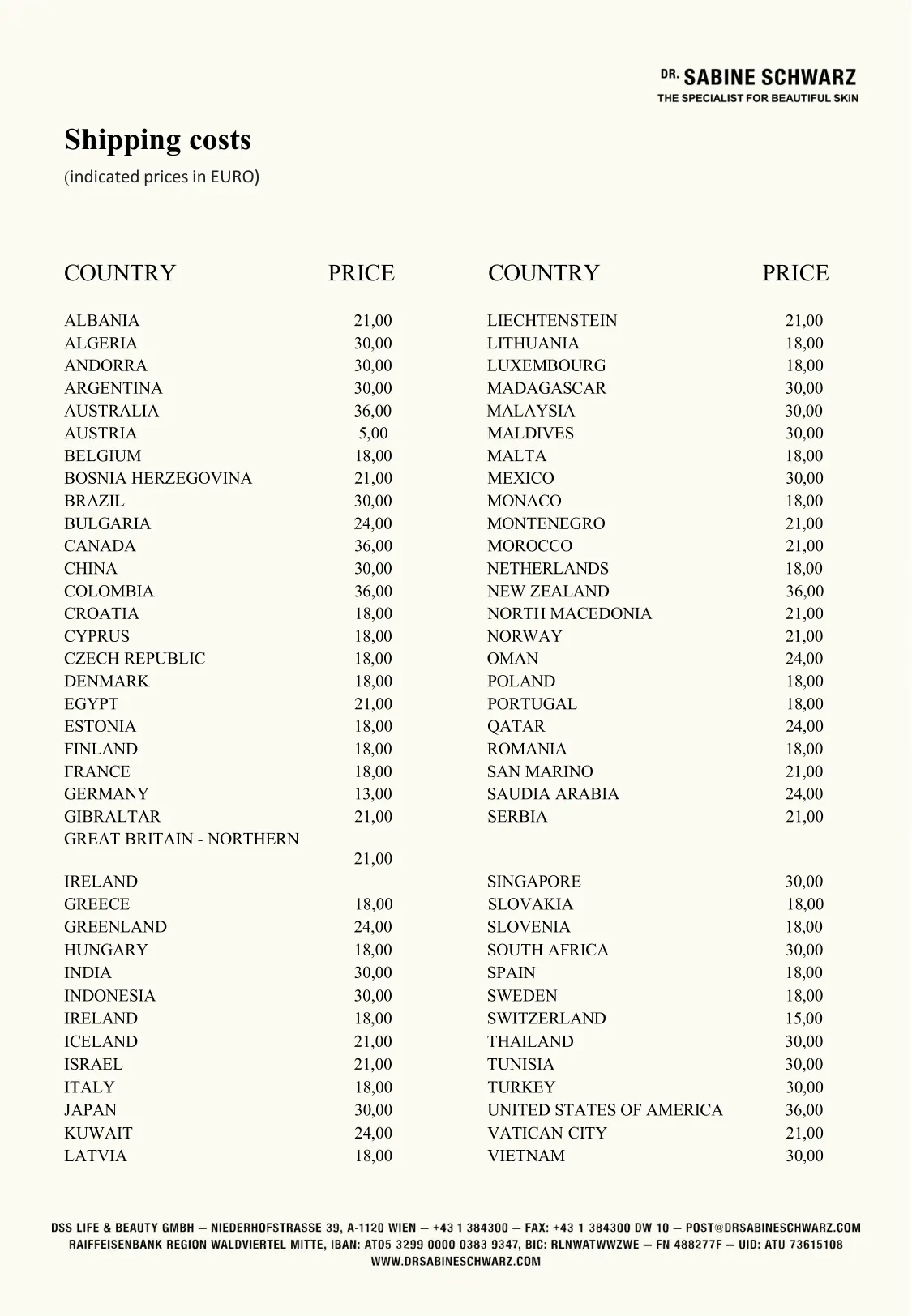Beautiful, thick hair:
how to protect yourself from hair loss!
Almost every third woman over 40 knows it well – hair loss! Over time, the hair becomes thinner and thinner and eventually falls out completely. The once so dense headdress shows thinning areas, it appears powerless and dull. In men, the hair in the areas of the temples, hairline and top of the head often begins to become finer and eventually fall out completely from the age of 20.
Hair loss is an issue that can be very distressing for those affected, whether women or men. My patients therefore often ask me about treatment options. I would like to present these in what follows.
What is the cause of thinning hair or hair loss?
There are many possible causes of hair problems. A lack of vitamins and minerals, high-stress factors, certain medications, diseases of the scalp or chronic illnesses are just some of the factors that can promote hair loss. However, by far the most common form of hair loss is called androgenetic effluvium.
Androgenetic effluvium or also called constitutional hormonal hair loss – what is it?
Behind this is a genetically determined increased sensitivity to the male hormone testosterone and its metabolic products. While the female hormone oestrogen protects our hair, the male hormone causes it to become finer and thinner. Thus, typically many of my female patients report to me that they had the densest and most beautiful hair during pregnancy (high oestrogen level) and after childbirth (low oestrogen level) the hair loss again increased.
The hair at the temples, hairline and top of the head becomes thinner and thinner and falls out more and more. Often even the scalp becomes visible. Hair loss often occurs in stages but without therapy, it is almost always progressive. In healthy hair, about 30 hairs per day end up in the brush (except when washing the hair (here it can be up to 100 hairs); this is not extremely dramatic because usually just as many hairs grow back. With hair loss, the situation is different. Here, far more hair falls out than grows back.
What can your doctor do?
After taking a detailed medical history and examining the current hair distribution and the scalp, he will send you to the laboratory. By means of special blood factors, possible causes can be found. Especially for women, hormone status is also particularly important. Once the cause of hair loss is found, the problem can be targeted and a suitable therapy option can be found.
Possible therapies:
Local therapies
The best-known remedy for men and women is the active ingredient minoxidil (e.g. Regaine®). Actually, a remedy for high blood pressure, this substance promotes hair growth when applied locally. The agent, which has been proven to improve hair loss and can be purchased without a prescription at the pharmacy (approx. EUR 40/month).
The disadvantage is that as soon as you stop using it, your hair grows less again – so you have to use it consistently every day, which can be expensive in the long run. Also, unfortunately, prolonged use often leads to irritation of the scalp. For women, special tinctures with the active ingredient oestrogen are useful – ask your doctor for advice.
A completely new but promising therapy is the introduction of the patient’s own blood plasma with mini needles into the affected regions of the scalp (also called PRP – platelet-rich plasma). This is because the plasma cell, obtained by a special procedure after a simple blood draw, contains the body’s own growth factors that make hair firmer again and allow it to grow back. Efficient but not cheap. One treatment (on average three appointments are needed) costs about EUR 300.
Therapies from the inside
In addition to the usual capsules with biotin, selenium, zinc, silicic acid and supplementary vitamins (e.g. Bio-H-tin or Pantogar), special birth control pills almost always help to rebalance the hormones in women with androgenetic effluvium. In men, the male hormone testosterone can be reduced with capsules containing anti-testosterone (active ingredient finasteride). However, this medication requires a prescription and can have side effects.
If you prefer natural active ingredients, I can recommend our nutrient capsules. Besides zinc, biotin, folic acid, amino acids and vitamin B in high concentration and quality, we have added an incredibly special power ingredient from nature: Sitosterol – extracted from nettles, it regulates hormone balance naturally without synthetic hormones. It protects the hair roots in both men and women against the harmful impact of testosterone and has been proven to reduce hair loss. Already after an average of 2–3 months, the hair becomes stronger again and hair loss is visibly reduced.
What can I do myself in addition to combat hair problems?
In what follows, I would like to give you a few small tips that you can implement yourself in your everyday life to maintain a beautiful, full head of hair in the long run.
- For example, avoid strict hairstyles such as tight buns or ponytails. The constant pull on the hair roots can cause the roots to not be able to hold the hair as well, making it fall out more easily. Instead, tie your hair loosely or leave it loose sometimes.
- Reduce stress! Stress hormones have been shown to reduce hair growth, making it one of the main causes of hair loss. Taking occasional walks in the fresh air, exercising or meditating can help reduce stress and lower your risk of hair loss – find a routine that works for you here!
- Avoid harsh shampoos or aggressive hair dyes! These can damage the scalp and therefore indirectly the hair. Ingredients such as sodium lauryl sulphate (SLS) can accumulate in the hair root and thus cut off the nutrient supply in the root. The result is that hair falls out faster. Silicones, kerosenes and synthetic preservatives are other ingredients that can harm the hair root.
Therefore, you should rather pick products that do not have these ingredients. Natural cosmetics with mild sugar or coconut surfactants are good alternatives. - Eat a diet rich in vitamins and minerals! This will provide you with sufficient nutrients that are important for hair growth. As a supplement, I recommend our nutrient capsules!
Healthy, thick hair into old age!
Hair loss is a problem that is very present especially in old age. However, it is not one that we simply have to accept. Meanwhile, many causes of hair loss are known and there are effective treatment options. Those who know the cause of their hair loss can usually take good action against it.





